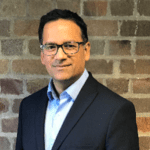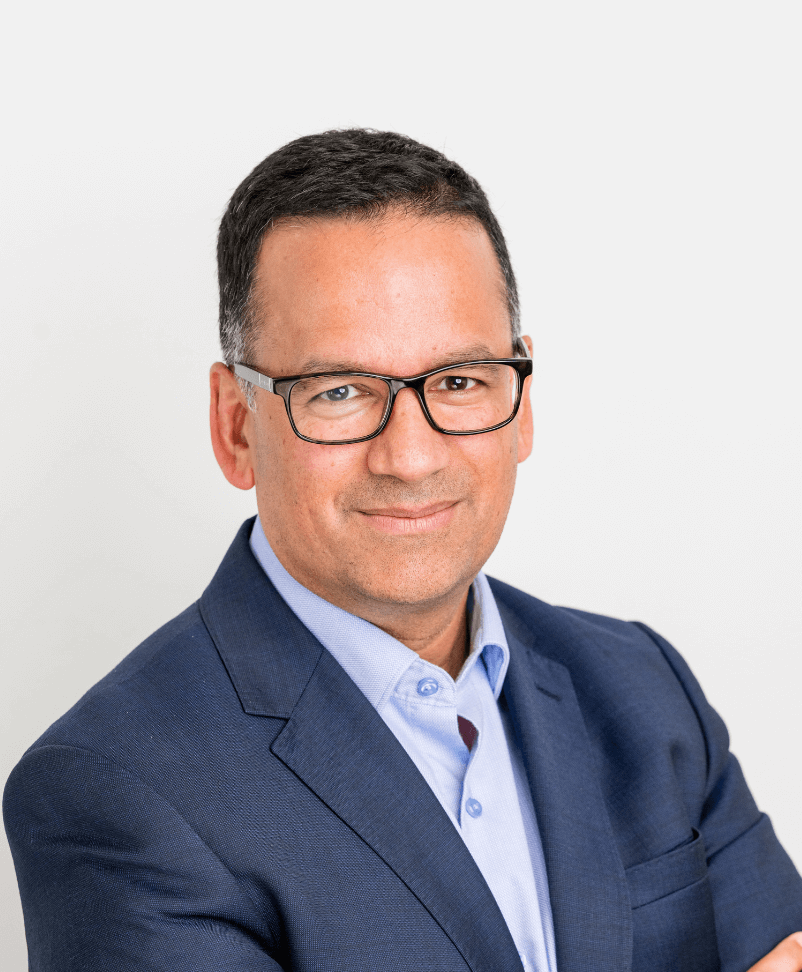Why employers are the surprising new role models for trust

The absence of trust in our political establishment was neatly summed up last month by a CNN headline as Australia headed to the polls: Australians aren’t really happy with either of their choices for leader, but they have to vote anyway. In the end, the election was determined, in part at least, not by who Australians trusted the most, but by who they distrusted the least. Data showed that even though Scott Morrison scored a lowly 41 percentage points on trust, he still outperformed Bill Shorten, who scored a measly 34 percentage points.
Overall, the outcome of the election seemed to underscore recent findings from communications consultancy Edelman, that trust in government, big business, media and even NGOs is waning. In their place, says Edelman, there’s been a significant increase in people’s trust in their employer.
Edelman’s surprising conclusion is that “my employer” is becoming the most trusted entity because the relationships closest to us feel the most comfortable. As a result, we are relying on them more heavily. As Edelman’s CEO, Richard Edelman puts it, “Trust has moved to the employer – a phenomenon borne of the lack of belief in other institutions.”

One way of understanding how leaders can build on this emerging new responsibility, and enhance their trustworthiness is to look at trust through the lens of the ‘Trust equation’ developed nearly 20 years ago by Harvard Professor, David Maister:
According to Maister’s equation, leaders build trustworthiness by increasing their credibility, reliability and intimacy and diminishing their perceived self-interest.
Credibility is about how believable you are to others.
Credible leaders demonstrate authenticity and transparency. Former Telstra CEO, David Thodey, has long been an advocate for a new style of leadership, saying the era of the “all-knowing” leader has gone.
“But, while the world has changed, the theories of management and leadership have not,” Mr Thodey wrote after stepping down from his Telstra role to start a board career in 2015.
“The future is not just about charismatic leaders and rock-star CEOs – it is about authentic leadership and transparent management. This shift is already happening in many great companies; from hierarchical to thought-based leadership; from rules-based companies to values-based companies; from compliance to trust and enablement.”
Reliability is about how dependable you appear.
For business leaders, reliability is also about being responsive to uncertainty and change. Ann Sherry, the former CEO of Carnival Cruises told a business forum last year, “I watch lots and lots of people who sit in very powerful positions, in all sorts of sectors, who, quite frankly, do nothing. My view of that is that you are wasting the space.”
“If you are not making change, if you are not doing something, if you are not creating something that’s different, you should move over and let someone else have a crack at it.”
Intimacy is about helping people to feel safe to be open with you.
The visionary founder of Lendlease, the late Dick Dusseldorp, was a man who demonstrated this kind of intimacy to great effect. Dusseldorp’s biographer, Lindie Clark writes in her book Finding a Common Interest: The Story of Dick Dusseldorp and Lend Lease: “[Dusseldorp’s] treatment of workers with dignity, his refusal to get bogged down in continual argument about ‘elementary workers’ rights and his commitment to ‘management by faith, not fear’, lifted the company’s work, industrial and employment relations to a higher plane.”
Too much perceived self-interest quickly erodes trust so must be minimised.
In terms of Maister’s trust equation, a leader’s ability to dial down their self-interest is the single most important determinant of how trustworthy a leader is perceived to be. Think about it. Why do some people tend not to trust used car salesmen? They may be credible, reliable and demonstrate intimacy, but for some at least, it’s about them, and their commission.
To minimise self-interest, leaders don’t necessarily need to emulate the likes of Martin Luther King and Mahatma Gandhi. Selflessness doesn’t mean putting your life on the line for a cause.
However, it does mean listening to people needs and concerns and showing them how they are contributing to something bigger than themselves.
About the Authors:

Mehul Joshi, Partner is a former award-winning BBC journalist and is now a sought-after consultant and executive coach in leadership development and employee engagement, with career spanning three decades and four continents.

Joe Fischer is an Equity Partner with the Stephenson Mansell Group, an experienced international corporate executive, company director and executive coach. He has also run his own HR consultancy and held senior executive positions with Nestle and the P&O Group working in Australia, Switzerland, the UK, Asia, and the Middle East.










